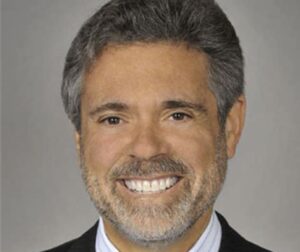Listen in as Suzanne Delbanco connects with Alan Muney, MD, MHA, former Chief Medical Officer of Cigna, former CEO of Equity Healthcare, and current health care advisor to multiple venture equity firms. Suzanne asks Alan a fundamental question: how can employers counterbalance the high and rising prices of health care providers? His answer: look at health care spending in a total cost of care format instead of focusing on unit prices.
Drawing on his experience examining health care marketplace dynamics, Alan shares why the major incumbent health plans, especially those who have been acquired or have acquired pharmaceutical management companies, have a competitive advantage. Because drugs are such an important cost component, integrating pharmaceutical and medical utilization management gives these larger health plans end-to-end control over total cost of care.
Suzanne points to the fact that, despite aggregating volume and negotiating unit cost discounts, incumbent health plans have failed to keep prices in check. Now new entrants to the Third-Party Administrator (TPA) market are trying to seize on these pricing failures. Dr. Muney asserts that while the new carve-out vendors may bring innovative capabilities – like using data to build high-quality provider networks- they lack the economies of scale and the total cost of care control that the larger incumbent health plans have acquired.
During the interview, Suzanne and Alan Muney discuss why past efforts among employers to purchase health care as a group have failed and strategies employers can consider moving forward. Alan Muney recommends that employer coalitions move to total cost of care contracts including pharmacy.
This interview is part of CPR’s current work to understand whether group purchasing efforts can secure better health care value for employer-purchasers. Funded by the Commonwealth Fund, CPR is assembling insights into the forces that can facilitate or hinder purchaser efforts to amass volume. Keep an eye out for more interviews on this topic.

